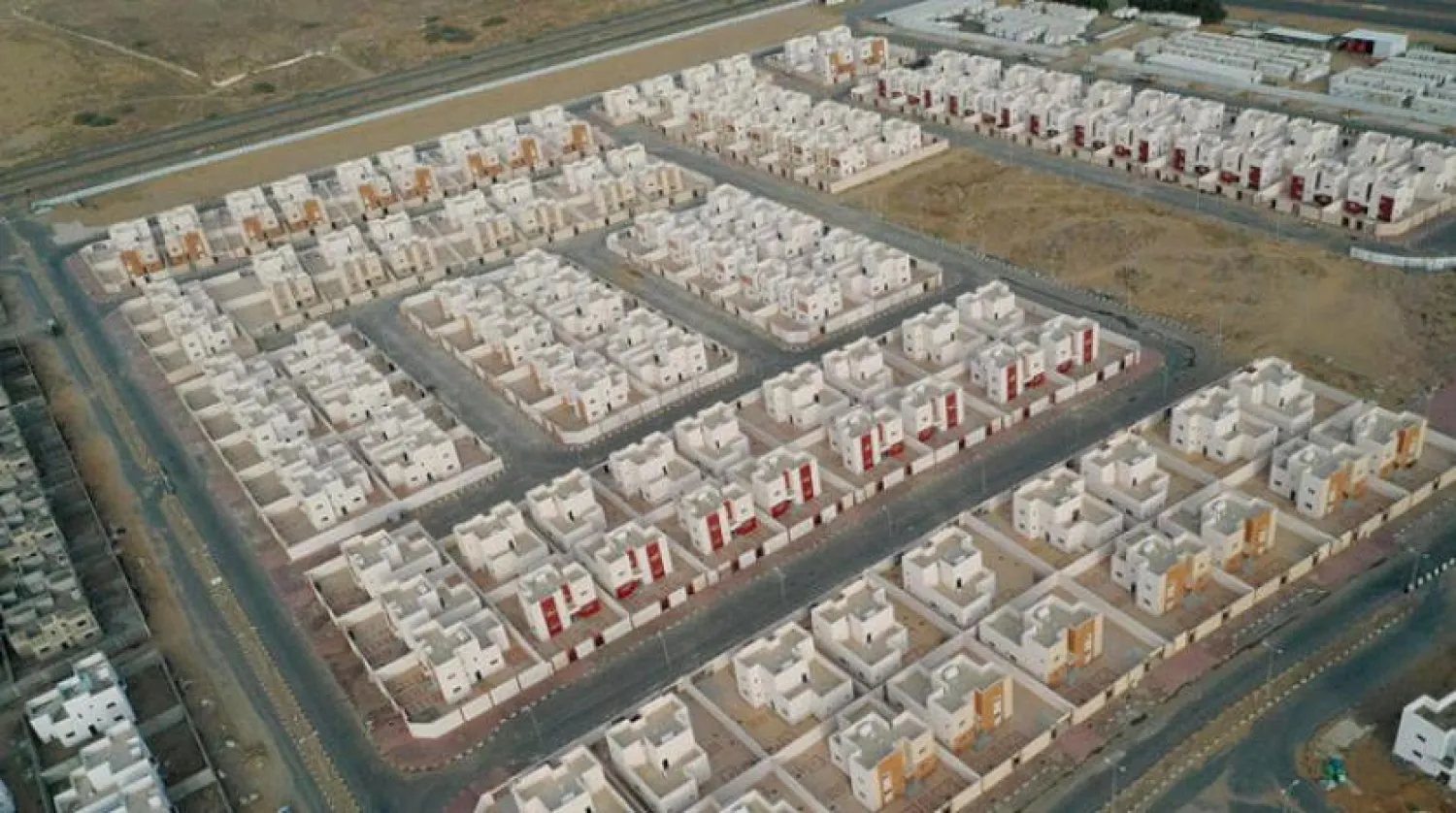Saudi Arabia’s housing program, Sakani, revealed that the total number of certificates bearing tax on real estate disposals for first-time property holders since the program’s start and until the end April 2021 amounted to 485,052 certificates.
This follows the Kingdom’s decision to reduce the real estate sector’s approved tax rate for activities and services in the Saudi economy to 5%, while still providing a tax of SAR 1 million ($285,700) to Saudis who are looking to own their first home.
Sakani’s report reaffirmed a drive towards increasing home ownership of Saudis in the Kingdom, a goal reflected in the national plan for transformation dubbed “Kingdom Vision 2030”.
As a housing initiative, Sakani aims to increase the number of homeowners in Saudi Arabia to 70% by 2030.
The report also reviewed housing and financing solutions provided by the program, which include subsidized mortgages loan by banks for the purchase of ready-made or under-construction housing units.
It highlighted that 89,500 families have benefited from the program until so far, with 66,600 families having moved into their homes within 4 months.
Moreover, construction updates are underway across 64 projects that will provide over 100,000 different housing units, the report added.
Residence units offered by Sakani will be in the form of apartments, villas, and townhouses and will feature infrastructure integration and competitive prices.
Sakani provides a number of integrated e-services that cover registration and instant entitlement assessment.
The services include electronic financing, ready-made units, approved contractor, and interactive maps.
The services had been added to ensure Sakani becomes “the go-to destination for housing services and solutions, in order to make it easier for Saudi families to own their first home.”
Various projects are underway in parts of the Kingdom in partnership with real estate developers.









